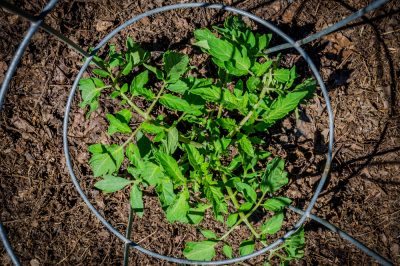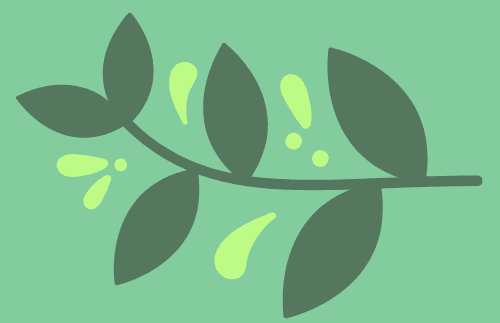Last updated on October 23rd, 2023 at 08:45 pm
Tomato plants have a high nutrient requirement. So it is obvious to plant the plants directly into the compost. Here you need to consider the stage of development, because the nutrient requirements change over time.

Contents
Requirements of seedlings
Although tomatoes are one of the starchy crops, they have different nutrient requirements at different stages of development. The roots of seedlings require a nutrient-poor substrate. Mature compost soil can cause the roots to burn because of the excess supply of nutrient salts. In a nutrient-poor soil, roots are spurred to grow because they must go in search of nutrients. In the nutrient-rich substrate, the nutrients inhibit root growth.
Tomato seeds need:
- Seed or growing soil
- a mixture of garden soil, sand and compost in equal parts
- uniform soil with natural clay or perlite
Young plants need nutrients
In the growth phase, young plants need more nutrients, which they put into the formation of leaves and flowers. These plants can be planted directly on the compost if it is well matured and has no coarse components such as pieces of bark or other plant debris. Stale compost that has been stored for at least a year is ideal. It provides ideal water drainage and a crumbly structure that provides optimal aeration. The roots can develop unhindered in this substrate.
Nutrient requirements of fully grown tomato plants
The heavy growers require sufficient nutrients on an ongoing basis so that they can form juicy fruits. Nitrogen supports plant growth. Plants require phosphorus for flower and fruit development. This chemical compound helps form a strong root system and supports vitality. Plants become more resistant to diseases. Potassium also protects against diseases and makes plants more resistant to cold. Important for healthy growth are various trace elements such as zinc, iron, copper, manganese and boron. Compost contains all the necessary nutrients, so additional fertilizing is not necessary.
Yellowing leaves
When the lower leaves turn yellow, it does not necessarily indicate a nutrient deficiency. The plant withdraws nutrients from the lower leaves in order to invest them in the strongly growing upper leaves. Fast-acting fertilization in this case does not improve the situation. It leads to the fact that the plant shoots up undesirably and forms thin stems.


